Browse
By Subject: Heritage Studies
View: By Date | Alphabetical | eBooks | Paperbacks
-
eBook available
 Published August 2013
Published August 2013 About the Hearth
Perspectives on the Home, Hearth and Household in the Circumpolar North
Anderson, D. G., Wishart, R. P., & Vaté, V. (eds)
Subjects: Anthropology (General) Archaeology Museum Studies Heritage Studies
Hb
Paperback available -
eBook available
 Published October 2014
Published October 2014 Anthropology and Nostalgia
Angé, O. & Berliner, D. (eds)
Anthropologists are realizing that nostalgia constitutes a fascinating object of study for exploring contemporary issues of identity, politics and history making. Contributors to this volume explore nostalgic narratives and practices in the fields of heritage and tourism, exile and diasporas, postcolonialism and postsocialism, business and economic exchange, social, ecological and religious movements, and nation building.
Subjects: Anthropology (General) Heritage Studies Theory and Methodology
Hb
Paperback available -
eBook available
 Published June 2018
Published June 2018 Archaeogaming
An Introduction to Archaeology in and of Video Games
Reinhard, A.
Video games exemplify contemporary material objects, resources, and spaces that people use to define their culture. This book serves as a general introduction to "archaeogaming"; it describes the intersection of archaeology and video games and applies archaeological method and theory into understanding game-spaces as both site and artifact.
Subject: Archaeology Heritage Studies Anthropology (General)
Hb
Paperback available -
 Published June 2008
Published June 2008 Archives, Ancestors, Practices
Archaeology in the Light of its History
Schlanger, N. & Nordbladh, J. (eds)
Subjects: Archaeology History (General) Heritage Studies
Pb -
eBook available
 Published July 2019
Published July 2019 Articulate Necrographies
Comparative Perspectives on the Voices and Silences of the Dead
Panagiotopoulos, A. & Espírito Santo, D. (eds)
Going beyond the frameworks of the anthropology of death, Articulate Necrographies offers a dramatic new way of studying the dead and its interactions with the living. The collection introduces the concept of “necrography” to describe the way death and the dead create their own kinds of biographies in and among the living.
Subjects: Anthropology (General) Anthropology of Religion Heritage Studies Literary Studies
Hb
Paperback available -
eBook available
 Published November 2018
Published November 2018 Artifak
Cultural Revival, Tourism, and the Recrafting of History in Vanuatu
DeBlock, H.
Artifak investigates the meaning and value of (art) objects as commodities in Vanuatu, in differing states of transit and transition: in the local place, on the market, and in the museum. It provides an ethnographic account of commoditization in the context of revitalization of culture and the arts in Vanuatu.
Subjects: Anthropology (General) Heritage Studies Museum Studies
Hb
Paperback available -
eBook available
 Published November 2019
Published November 2019 Atlantic Perspectives
Places, Spirits and Heritage
Balkenhol, M., Blanes, R. L., & Sarró, R. (eds)
Focusing on mobility, religion, and belonging, the volume contributes to transatlantic anthropology and history by bringing together religion, cultural heritage and placemaking in the Atlantic world. The entanglements of religion, cultural heritage and belonging are ethnographically scrutinized to perceive the connections and disconnections of specific places.
Subjects: Anthropology of Religion Anthropology (General) Heritage Studies
Hb -
eBook available
 Published January 2019
Published January 2019 Being Bedouin Around Petra
Life at a World Heritage Site in the Twenty-First Century
Bille, M.
Being Bedouin Around Petra explores the relationships between the UNESCO protection conferred on Petra, Jordan, and the traditions and lives of the semi-nomadic Bedouin who inhabit the surrounding area. It explores what it means to be Bedouin when tourism, heritage protection, national discourse, and other forces lay competing claims to the past.
Subjects: Anthropology (General) Anthropology of Religion Heritage Studies
Hb
Paperback available -
eBook available
 Published August 2020
Published August 2020 Blurring Timescapes, Subverting Erasure
Remembering Ghosts on the Margins of History
Surface-Evans, S., Garrison, A. E. & Supernant, K. (eds)
What happens when we blur time and allow ourselves to haunt or to become haunted by the ghosts of the past? The authors draw on archaeological, historical, and ethnographic data to imagine timescapes that transcend our temporality. This volume demonstrates the value of conceiving of ghosts not just as metaphors, but for making the past more concrete and allowing the negative specters of enduring historical legacies, such as colonialism and capitalism, to be exorcised.
Subjects: Archaeology Anthropology (General) Memory Studies Heritage Studies
Hb
Paperback available -
eBook available
 Published November 2025
Published November 2025 Border-Straddling Heritages
Containment, Contestation, and Appreciation of Shared Pasts
Mozaffari, A. & Harvey, D. (eds)
In this geographically wide-ranging reassessment of the overlap between borders and heritage, Ali Mozaffari and David C. Harvey interrogate how “hyperglobalization” has simultaneously challenged and intensified notions of sovereignty and nationality, advancing a theory of heritage that recognizes its potential for simultaneously reflecting upon and generating borders.
Subjects: Heritage Studies History: 20th Century to Present Mobility Studies
Hb -
 Published February 2014
Published February 2014 Borders of Belonging
Experiencing History, War and Nation at a Danish Heritage Site
Daugbjerg, M.
This book explores how such struggles unfold in practice at a highly symbolic battlefield site in the Danish/German borderland. Comprised of an ethnography of two profoundly different institutions – a conventional museum and an experience-based heritage center – it analyses the ways in which staff and visitors interfere with, relate to, and literally “make sense” of the war heritage and its national connotations. Borders of Belonging offers a comparative, in-depth analysis of the practices and negotiations through which history is made and manifested at two houses devoted to the interpretation of one event: the decisive battle of the 1864 war in which Otto von Bismarck, on his way to uniting the new German Empire, led the Prussian army to victory over the Danish.
Subjects: Heritage Studies Travel and Tourism Museum Studies Memory Studies
Hb -
eBook available
 Published November 2019
Published November 2019 Born a Slave, Died a Pioneer
Nathan Harrison and the Historical Archaeology of Legend
Mallios, S.
Few people in the history of the United States embody ideals of the American Dream more than Nathan Harrison. His is a story with prominent themes of overcoming staggering obstacles, forging something-from-nothing, and evincing gritty perseverance. This book uses spectacular recent discoveries from the Nathan Harrison cabin site to offer new insights and perspectives into this most American biography.
Subjects: Archaeology Heritage Studies History (General) Anthropology (General)
Hb
Paperback available -
eBook available
 Published January 2023
Published January 2023 Calling on the Community
Understanding Participation in the Heritage Sector, an Interactive Governance Perspective
Rodenberg, J., Wagenaar, P., & Burgers, G.-J. (eds)
There is a call in Heritage Studies to democratize heritage practices and place local communities at the forefront; heritage plays an important role in identity formation, and therefore in social inclusion and exclusion. This series of studies contributes to a better understanding of public participation in the heritage sector by applying Public Administration theory on collaborative governance.
Subjects: Heritage Studies Cultural Studies (General)
Hb
Paperback available -
eBook available
 Published September 2021
Published September 2021 The Camino de Santiago
Curating the Pilgrimage as Heritage and Tourism
Murray, M.
Pilgrimage, as a global activity linked to the sacred, speaks to the special significance of persons, places and events. This book relates these sentiments to the curatorship of the Camino de Santiago that comprises a lattice of European pilgrimage itineraries converging at Santiago de Compostela in northwest Spain.
Subjects: Heritage Studies Anthropology of Religion Anthropology (General)
Hb
Paperback available -
 Published December 2025
Published December 2025 Capturing Commemoration
Reflections on the First World War Centenary in Britain
Noakes, L., Pennell, C., Hanna, E., Hughes, L., Kempshall, C. & Wallis, J.
An exacting study of the activities that marked the First World War Centenary within the UK from 2014 to 2018 that considers how this period shaped national identity and the increasingly collaborative field of public history.
Subjects: History: World War I History: 20th Century to Present Heritage Studies
-
eBook available
 Published May 2025
Published May 2025 Children Dancing in Bali
Practice, Performance, and Power
McIntosh, J.
An illuminating ethnographic study of Balinese dance traditions, Children Dancing in Bali examines how children navigate the nexus of power, practice, and performance through the medium of Balinese culture, in order to negotiate fluctuations in their identity and society.
Subjects: Performance Studies Anthropology (General) Heritage Studies
Hb -
eBook available
 Published November 2012
Published November 2012 Civilizing Nature
National Parks in Global Historical Perspective
Gissibl B., Höhler, S. & Kupper, P. (eds)
Subjects: Environmental Studies (General) History (General) Heritage Studies
Hb
Paperback available -
eBook available
 Published June 2020
Published June 2020 Communities and Place
A Thematic Approach to the Histories of LGBTQ Communities in the United States
Crawford-Lackey, K. & Springate, M. E. (eds)
Framing the emergence of queer enclaves in reference to place, this volume explores the physical and symbolic spaces of LGBTQ Americans. Authors provide an overview of the concept of “place” and its role in informing identity formation and community building. The book also includes interactive project prompts, providing opportunities to practically apply topics and theories discussed in the chapters.
Subjects: Archaeology Heritage Studies
Hb
Paperback available -
eBook available
 Published September 2019
Published September 2019 Constructing Industrial Pasts
Heritage, Historical Culture and Identity in Regions Undergoing Structural Economic Transformation
Berger, S. (ed)
The contributions in this volume demonstrate that even as forms of industrial heritage provide anchors of identity for local populations, their meanings remain deeply contested, as both radical and conservative varieties of nostalgia intermingle with critical approaches as well as straightforward apologias for a past that was often full of pain, exploitation and struggle.
Subjects: History: 20th Century to Present Cultural Studies (General) Heritage Studies
Hb
Paperback available -
eBook available
 Published July 2022
Published July 2022 Crossroads of Heritage and Religion
Legacy and Sustainability of World Heritage Site Moravian Christiansfeld
Damsholt, T., Melchior, M. R., Petterson, C., & Reeh, T., (eds)
Looking at the crossroads between heritage and religion through the case study of Moravian Christiansfeld, designated as a UNESCO World Heritage Site in July 2015, this anthology reaches back to the eighteenth century when the church settlement was founded, examines its legacy within Danish culture and modern society, and brings this history into the present and the ongoing heritagization processes.
Subjects: Heritage Studies Anthropology of Religion Anthropology (General)
Hb -
eBook available
 Published February 2020
Published February 2020 Cultural Resource Management
A Collaborative Primer for Archaeologists
King, T. F. (ed)
Stressing the interdisciplinary, public-policy oriented character of Cultural Resource Management (CRM), which is not merely “applied archaeology,” this short, relatively uncomplicated introduction is aimed at emerging archaeologists.
Subjects: Archaeology Heritage Studies
Hb
Paperback available -
 Published November 2016
Published November 2016 Death, Materiality and Mediation
An Ethnography of Remembrance in Ireland
Graham, B.
Barbara Graham analyzes a diverse range of objects associated with death and remembrance in Ireland. In doing so, she explores the materially mediated interactions between the living and the dead, revealing the physical, cognitive, emotional, and spiritual roles of the dead in contemporary Irish communities.
Subjects: Anthropology (General) Heritage Studies Anthropology of Religion
Hb -
eBook available
 Published September 2021
Published September 2021 Dictionary of Authentic American Proverbs
Mieder, W.
Dictionary of American Proverbs offers a comprehensive reference guide for distinctly American proverbs. Featuring a compendium of nearly 1,500 American proverbs spanning the 17th century to present day, this dictionary also includes a scholarly introduction along with a comprehensive bibliography of proverb collections and interpretive scholarship.
Subjects: Literary Studies Heritage Studies Cultural Studies (General)
Hb -
eBook available
 Published July 2025
Published July 2025 The Duty of Memory
Changing Language in the Era of Memory, 1970 – 2010
Ledoux, S.
An illuminating investigation into the evolution of the phrase “duty of memory”, this volume spotlights how this theory of memory has been historicized and transmitted throughout French society, highlighting how its trajectory offers a lens for understanding contemporary societies’ relationship with the past on a global scale.
Subjects: History: 20th Century to Present Cultural Studies (General) Heritage Studies
Hb -
eBook available
 Published January 2022
Published January 2022 Emerging Technologies and Museums
Mediating Difficult Heritage
Stylianou-Lambert, T., Bounia, A., & Heraclidou, A. (eds)
Emerging technologies in museums have the potential to reveal unheard or silenced stories, challenge preconceptions, encourage emotional responses, introduce the unexpected, and overall provide alternative experiences. By examining varied theoretical approaches and case studies, authors demonstrate how “awkward”, contested, and rarely discussed subjects and stories are treated – or can be potentially treated - in a museum setting with the use of the latest technology.
Subjects: Museum Studies Heritage Studies Media Studies
Hb -
eBook available
 Published January 2026
Published January 2026 Emplaced Belief
Heritage and Religion Reconsidered
Johnston, J., Gibson, M., Hampson, J. & Whyte, N. (Eds.)
An innovative interdisciplinary volume that explores the conceptual and lived relations between the academic fields of religion and heritage. A wholistic approach is taken to considering emplacement — a broad interrelation of objects, peoples, histories and places — in the analysis of relations between religion and heritage.
Subjects: Heritage Studies Anthropology of Religion History (General) Cultural Studies (General)
Hb -
eBook available
 Published July 2020
Published July 2020 An Enchantment of Digital Archaeology
Raising the Dead with Agent-Based Models, Archaeogaming and Artificial Intelligence
Graham, S.
The use of computation in archaeology is a kind of magic, a way of heightening the archaeological imagination. Agent-based modelling allows archaeologists to test the ‘just-so’ stories they tell about the past. These models are one end of a spectrum that ends with video games. This volume explores this spectrum in the context of Roman archaeology, addressing the strengths, weaknesses, and opportunities of a formalized approach to computation and archaeogaming.
Subjects: Archaeology Media Studies Heritage Studies Anthropology (General)
Hb
Paperback available -
 Published September 2015
Published September 2015 European Products
Making and Unmaking Heritage in Cyprus
Welz, G.
Since the Republic of Cyprus joined the European Union in 2004, heritage-making and Europeanization are becoming intertwined in Greek-Cypriot society. The author argues that heritage emerges as an increasingly standardized economic resource — a “European product” — and that heritage policy has become infused with transnational market regulations and neoliberal property regimes.
Subjects: Anthropology (General) Museum Studies Heritage Studies
Hb
Paperback available -
 Published November 2011
Published November 2011 Extreme Heritage Management
The Practices and Policies of Densely Populated Islands
Baldacchino, G. (ed)
Subjects: Environmental Studies (General) Anthropology (General) Heritage Studies
Hb -
eBook available
 Published December 2007
Published December 2007 Fetishes and Monuments
Afro-Brazilian Art and Culture in the 20th Century
Sansi, R.
Subjects: Heritage Studies Museum Studies Anthropology (General)
Hb
Paperback available -
eBook available
 Published March 2022
Published March 2022 Forging Architectural Tradition
National Narratives, Monument Preservation and Architectural Work in the Nineteenth Century
Damjanović, D. & Łupienko, Al. (eds)
During the nineteenth century, a change developed in the way architectural objects from the distant past were viewed by contemporaries. Architectural heritage often was (and still is) an important element of nation building. Authors address the process of building national myths around certain architectural objects. National narratives are questioned, as is the position architectural heritage played in the nineteenth and the early twentieth centuries.
Subjects: Heritage Studies History (General) Cultural Studies (General)
Hb -
eBook available
 Published May 2014
Published May 2014 From Antiquities to Heritage
Transformations of Cultural Memory
Eriksen, A.
What does it mean when runic stones or medieval churches are transformed from antiquities to monuments to heritage sites? This book argues that the transformations concern more than words alone: They reflect fundamental changes in the way we experience the past, and the way historical objects are assigned meaning and value in the present.
Subjects: Museum Studies Memory Studies Heritage Studies
Hb
Paperback available -
eBook available
 Published December 2018
Published December 2018 From Storeroom to Stage
Romanian Attire and the Politics of Folklore
Urdea, A.
Tracing in reverse the journey of a collection of Romanian folk objects from a museum in London back to the villages where they were made, From Storeroom to Stage explores the role that material culture plays in the production of value and meaning.
Subjects: Anthropology (General) Museum Studies Heritage Studies
Hb -
 Published September 2004
Published September 2004 The Future of Values
21st-Century Talks
Bindé, J.
Subject: Heritage Studies
Hb
Paperback available -
 Published August 2011
Published August 2011 Grassroots Memorials
The Politics of Memorializing Traumatic Death
Margry, P. J. & Sánchez-Carretero, C. (eds)
Subjects: Heritage Studies Peace and Conflict Studies Urban Studies Memory Studies
Hb -
 Published August 2013
Published August 2013 Growing Artefacts, Displaying Relationships
Yams, Art and Technology amongst the Nyamikum Abelam of Papua New Guinea
Coupaye, L.
Subjects: Anthropology (General) Sociology Heritage Studies
Hb -
eBook available
 Published April 2016
Published April 2016 Having and Belonging
Homes and Museums in Israel
Jaffe-Schagen, J.
This book draws striking connections between the supposedly divergent spheres of home and museum, which both house objects and generate social narratives. Through fascinating explorations of the museums and domestic spaces of eight Israeli communities, it gives a powerful account of museums’ role in state formation, proposing a new approach for societies in conflict.
Subjects: Museum Studies Heritage Studies Refugee and Migration Studies
Hb -
eBook available
 Published November 2019
Published November 2019 Heritage Movements in Asia
Cultural Heritage Activism, Politics, and Identity
Mozaffari, A. & Jones, T. (eds)
This volume is unique in that it is dedicated to approaching the analysis of heritage through the concepts of social movements. Adapting the latest developments in the field of social movements, the chapters examine the formation, use and contestation of heritage by various official, non-official and activist players and the spaces where such ongoing negotiations and contestation take place.
Subjects: Heritage Studies Museum Studies Anthropology (General)
Hb
Paperback available -
eBook available
 Published October 2021
Published October 2021 Heritage under Socialism
Preservation in Eastern and Central Europe, 1945–1991
Gantner, E. B., Geering, C., & Vickers, P. (ed)
Heritage under Socialism enriches the conceptual, methodological and empirical scope of heritage studies. Its transnational approach highlights the socialist world’s diverse interpretations of heritage and its trajectories in post-socialist preservation practices, thus providing new perspectives on the way heritage has been shaped in the recent past.
Subjects: History: 20th Century to Present Heritage Studies Memory Studies
Hb
Paperback available -
eBook available
 Published July 2022
Published July 2022 Heritage, Gentrification and Resistance in the Neoliberal City
Hammami, F., Jewesbury, D., & Valli, C. (eds)
What happens when versions of the past become silenced, suppressed or privileged due to urban restructuring? In this volume, the authors explore a variety of attempts to interrupt and interrogate urban restructuring, and to imagine alternative forms of urban organization, produced by diverse coalitions of resisting groups and individuals. Armed with historical narratives, oral histories, objects, physical built environment, memorials and intangible aspects of heritage that include traditions, local knowledge, experiences and memories, authors challenge the ‘devaluation’ of their neighbourhoods in official heritage and development narratives.
Subjects: Heritage Studies Cultural Studies (General) History (General)
Hb -
 Published March 2005
Published March 2005 Holocaust Monuments and National Memory
France and Germany since 1989
Carrier, P.
Subjects: History: 20th Century to Present Genocide History Heritage Studies
Hb
Paperback available -
 Published January 2001
Published January 2001 Hunting the Gatherers
Ethnographic Collectors, Agents, and Agency in Melanesia 1870s-1930s
O'Hanlon, M. & Welsch, R. (eds)
Subjects: Museum Studies Theory and Methodology Colonial History Heritage Studies
Hb
Paperback available -
eBook available
 Published November 2019
Published November 2019 Identities and Place
Changing Labels and Intersectional Communities of LGBTQ and Two-Spirit People in the United States
Crawford-Lackey, K. & Springate, M. E. (eds)
With a focus on historic sites, this volume explores the recent history of non- heteronormative Americans from the early twentieth century onward and the places associated with these communities. Authors explore how queer identities are connected with specific places: places where people gather, socialize, protest, mourn, and celebrate. Each chapter is accompanied by prompts and activities that invite readers to think critically and immerse themselves in the subject matter while working collaboratively with others.
Subjects: Archaeology Heritage Studies
Hb
Paperback available -
eBook available
 Published June 2017
Published June 2017 Indigeneity and the Sacred
Indigenous Revival and the Conservation of Sacred Natural Sites in the Americas
Sarmiento, F. & Hitchner, S. (eds)
This important contribution presents current research in the political ecology of indigenous revival and its role in nature conservation of sacred natural sites in the Americas. The book explores how struggles for land, rights, and political power are embedded within physical landscapes, and how indigenous identity is reformed as globalizing forces simultaneously threaten and promote the notion of indigeneity.
Subjects: Environmental Studies (General) Development Studies Anthropology (General) Heritage Studies
Hb
Paperback available -
eBook available
 Published December 2025
Published December 2025 Investigating Online Heritage Crime
New Directions, New Technologies, Emerging Markets
Huffer, D. & Handby, E. (Eds.)
Considering the correlation between new digital technologies and the growth of the online trafficking landscape, Investigating Online Heritage Crime conducts an investigative deep-dive into how these relatively under-researched "sites" of heritage crime operate and how they function within the wider social media ecosystem of platforms like Facebook and Instagram.
Subjects: Heritage Studies Media Studies Archaeology
Hb -
eBook available
 Published June 2019
Published June 2019 Invisible Founders
How Two Centuries of African American Families Transformed a Plantation into a College
Rainville, L.
Literal and metaphorical excavations at Sweet Briar College reveal how African American labor enabled the transformation of Sweet Briar Plantation into a private women’s college in 1906. Despite being built and maintained by African American families, the college did not integrate its student body for sixty years after it opened. Invisible Founders challenges our ideas of what a college “founder” is, restoring African American narratives to their deserved and central place in the story of a single institution.
Subjects: Archaeology History (General) Educational Studies Heritage Studies
Hb
Paperback available -
 Published October 2001
Published October 2001 Keys to the 21st Century
Bindé, J. (ed)
Subject: Heritage Studies
Hb
Paperback available -
eBook available
 Published January 2023
Published January 2023 Life with Durham Cathedral
A Laboratory of Community, Experience and Building
Calvert, A. J.
An ethnographic account of daily life in Durham Cathedral, this book examines the processes of negotiation and change between a community and their cathedral.
Subjects: Heritage Studies Anthropology (General) Anthropology of Religion
Hb -
eBook available
 Published November 2010
Published November 2010 The Long Way Home
The Meaning and Values of Repatriation
Turnbull, P. & Pickering, M. (eds)
Subjects: Museum Studies Anthropology (General) Heritage Studies
Pb -
 Published September 2022
Published September 2022 Managing Sacralities
Competing and Converging Claims of Religious Heritage
Hemel, E. van den, Salemink, O., & Stengs, I. (eds)
What happens when religious sites, objects and practices become cultural heritage? Case studies from Denmark, the Netherlands, Poland, Portugal and the United Kingdom present an analysis of the paradoxes and challenges that arise when religious sites are transformed into heritage.
Subjects: Heritage Studies History (General) Anthropology of Religion
Paperback available -
eBook available
 Published May 2018
Published May 2018 Memorializing the GDR
Monuments and Memory after 1989
Saunders, A.
Since unification, eastern Germany has witnessed a rapidly changing memorial landscape. Memorializing the GDR provides the first in-depth study of this key topic, investigating the individuals and groups involved in the creation or destruction of memorials while addressing the subject’s complex aesthetic, political, and historical dimensions.
Subjects: History: 20th Century to Present Urban Studies Heritage Studies
Hb
Paperback available -
eBook available
 Published August 2019
Published August 2019 Muted Memories
Heritage-Making, Bagamoyo, and the East African Caravan Trade
Lindström, J.
This book examines the centrality of the East African Caravan Trade to Bagamoyo, a Tanzanian port town on the Indian Ocean, and explores the way that this history was silenced when Bagamoyo was instead branded as a slave route town in 2006 in an attempt to qualify it for the UNESCO World Heritage List.
Subjects: Anthropology (General) Heritage Studies Development Studies
Hb -
eBook available
 Published May 2025
Published May 2025 The Northern Ireland Conflict on the Margins of History
Protestant Memory on the Border
Funston, K. & McGrattan, C.
In thisexacting re-examination of paramilitary violence upon border Protestants within Northern Ireland, The Northern Ireland Conflict on the Margins of History illuminates the understudied impact the Troubles had upon the Protestant community’s physical, economic, and cultural presence within the border counties.
Subjects: History: 20th Century to Present Peace and Conflict Studies Heritage Studies
Hb -
eBook available
 Published October 2019
Published October 2019 Playing with the Past
Exploring Values in Heritage Practice
Clark, K.
Heritage is all around us, not just in monuments and museums, but in places that matter, the countryside and in collections and stories. It touches all of us. How do we decide what to preserve? And how do we make the case for heritage when there are so many other priorities? Playing with the Past is designed to make the case for heritage. It is the first ever action-learning book about heritage.
Subjects: Museum Studies Heritage Studies Archaeology
Hb
Paperback available -
eBook available
 Published January 2023
Published January 2023 Polarized Pasts
Heritage and Belonging in Times of Political Polarization
Niklasson, E. (ed)
When questions of belonging enter the forefront of political debates, so too does heritage. From different ends at the political spectrum, people invoke the past to validate their stance on immigration, equality and security. Together, the texts pave the way for a better understanding of the role of the heritage in society.
Subjects: Heritage Studies Cultural Studies (General) Archaeology
Hb -
eBook available
 Published January 2019
Published January 2019 Politics of Scale
New Directions in Critical Heritage Studies
Lähdesmäki, T., Thomas, S., & Zhu, Y. (eds)
Politics of Scale offers a global, multi- and interdisciplinary point of view to the scaled nature of heritage, and provides a theoretical discussion on scale as a social construct and a method in Critical Heritage Studies.
Subjects: Heritage Studies Museum Studies
Hb
Paperback available -
eBook available
 Published November 2025
Published November 2025 Post-Contact Archaeology of Michigan and the Upper Great Lakes Region
Surface-Evans, S. L. & Jackson, M. M. (eds)
In this comprehensive reassessment of post-contact archaeology in the Upper Great Lakes region, Sarah L. Surface-Evans and Misty M. Jackson highlight the diversity and breadth of the area’s archaeological sites and the innovative findings they offer. In doing so, they highlight archaeology’s implications for transforming our understanding of present-day, social justice.
Subjects: Archaeology Heritage Studies History: 18th/19th Century
Hb -
eBook available
 Published September 2019
Published September 2019 Preservation and Place
Historic Preservation by and of LGBTQ Communities in the United States
Crawford-Lackey, K. & Springate, M. E. (eds)
Historically significant archaeological sites affiliated with two-spirit, lesbian, gay, bisexual, transgender, and queer history in the United States are examined in this unique volume. The importance of the preservation process in documenting and interpreting the lives and experiences of queer Americans is emphasized. The book features chapters on archaeology and interpretation, as well as several case studies focusing on queer preservation projects.
Subjects: Archaeology Heritage Studies
Hb
Paperback available -
eBook available
 Published November 2025
Published November 2025 Reading War, Making Memory
Remembering the Bosnian War across Europe
Sindbæk Andersen, T., Ortner, J., & Borčak, F. W.
A clarifying analysis of how authors from Bosnia-Herzegovina translate and transmit the memory of the Bosnian War into their fiction, Reading War, Making Memory spotlights a vital new framework for understanding the impact of conflict upon diasporic literature from the region of the former Yugoslavia: “mnemonic migration.”
Subjects: Memory Studies Literary Studies Heritage Studies
Hb -
 Published December 2001
Published December 2001 Recollections of France
Memories, Identities and Heritage in Contemporary France
Blowen, S., Demossier, M. & Picard, J. (eds)
Subjects: History: 20th Century to Present Heritage Studies Memory Studies
Hb
Paperback available -
eBook available
 Published September 2019
Published September 2019 Repair, Brokenness, Breakthrough
Ethnographic Responses
Martínez, F. & Laviolette, P. (eds)
We are all repairers. Exploring some of the ways in which repair practices and perceptions of brokenness vary culturally Repair, Brokenness, Breakthrough argues that repair is an attempt to extend the life of things as well as an answer to failures, gaps, wrongdoings and leftovers.
Subjects: Anthropology (General) Sociology Heritage Studies
Hb
Paperback available -
 Published June 2024
Published June 2024 Rest in Plastic
Death, Time and Synthetic Materials in a Ghanaian Ewe Community
Bredenbröker, I.
Rest in Plastic gives an insight into local entanglements of death, synthetic materials and power in Ewe community. It shows how different materials and things that come to shape power relations, exist in a delicate balance between state and local governance, kin and outsiders, death and life, the invisible and the visible, movement and containment.
Subjects: Anthropology (General) Heritage Studies Anthropology of Religion
-
eBook available
 Published July 2018
Published July 2018 Sense and Essence
Heritage and the Cultural Production of the Real
Meyer, B. & van de Port, M. (eds)
Contrary to popular perceptions, cultural heritage is not given, but constantly in the making, subject to dynamic processes of (re)inventing culture within particular social formations and via particular forms of mediation. Through the heuristic concepts of the "politics of authentication" and "aesthetics of persuasion," this volume explores the centrality of this tension to heritage formation worldwide.
Subjects: Anthropology (General) Heritage Studies Museum Studies
Hb
Paperback available -
eBook available
 Published December 2016
Published December 2016 Sensitive Pasts
Questioning Heritage in Education
Boxtel, C. van, Grever, M., & Klein, S. (eds)
Heritage studies necessarily must deal with strong emotions and political commitments. In this, it poses particular challenges for teachers and their students. Guided by a shared focus on these “sensitive pasts,” the contributors to this volume draw on new theoretical and empirical research to provide valuable insights into heritage pedagogy.
Subjects: History (General) Educational Studies Heritage Studies
Hb -
eBook available
 Published July 2012
Published July 2012 Sharing the Sacra
The Politics and Pragmatics of Intercommunal Relations around Holy Places
Bowman, G. (ed)
Subjects: Anthropology of Religion Anthropology (General) Sociology Heritage Studies
Hb
Paperback available -
eBook available
 Published August 2014
Published August 2014 Talking Stones
The Politics of Memorialization in Post-Conflict Northern Ireland
Viggiani, E.
Using the memorialization of the Troubles in contemporary Northern Ireland as a case study, this book investigates how non-state, often proscribed, organizations have filled a societal vacuum in the creation of public memorials. In particular, these groups have sifted through the past to propose “official” collective narratives of national identification, historical legitimation, and moral justifications for violence.
Subjects: Memory Studies Heritage Studies Anthropology (General)
Hb
Paperback available -
 Published December 2007
Published December 2007 Telling Children About the Past
An Interdisciplinary Perspective
Galanidou, N. & Dommasnes, L. H. (eds)
This book brings together archeologists, historians, psychologists, and educators from different countries and academic traditions to address the many ways that we tell children about the (distant) past. The contributors both examine the ways in which children come to grips with the past and critically assess the many ways in which contemporary societies and an increasing number of commercial agents construct and use the past.
Subjects: Archaeology Educational Studies Heritage Studies
Pb -
eBook available
 Published October 2025
Published October 2025 Textual Heritage
Locating Textual Practices Across Heritage and the Humanities
Gerlini, E. & Giolai, A. (eds)
Focusing on the afterlives of textual traditions, primarily within East Asia, Textual Heritage highlights how textual practices offer a lens for understanding questions of canonization, embodiment, and circulation. In doing so, this volume advances a theory of “humanistic heritage studies” that mediates the overlap between literary and heritage studies.
Subjects: Heritage Studies Literary Studies Cultural Studies (General)
Hb -
eBook available
 Published September 2023
Published September 2023 These Were People Once
The Online Trade in Human Remains and Why It Matters
Huffer, D. & Graham, S.
People buy and sell human remains online. Most of this trade these days is over social media. In a study of this ‘bone trade’, how it works, and why it matters, the authors review and use a variety of methods drawn from the digital humanities to analyze the sheer volume of social media posts in search of answers to questions regarding this online bone trade.
Subjects: Archaeology Heritage Studies Political and Economic Anthropology
Hb -
eBook available
 Published February 2025
Published February 2025 Towards a British Natyam
Creating a British Classical Indian Dance Tradition
Gorringe, M.
An illuminating investigation into the ‘professionalization’ of classical Indian dance forms in Britain, Towards a British Natyam critically analyzes the cultural, social, and political frameworks that make a ‘profession’ within the arts possible, highlighting the transformational power of classical Indian dance within society to decenter white supremacy and recenter pluriversality.
Subjects: Performance Studies Heritage Studies Sociology
Hb -
eBook available
 Published August 2021
Published August 2021 Tracing Slavery
The Politics of Atlantic Memory in The Netherlands
Balkenhol, M.
Looking at the ways in which the memory of slavery affects present-day relations in Amsterdam, this ethnographic account reveals a paradox: while there is growing official attention to the country’s slavery past (monuments, festivals, ritual occasions), many interlocutors showed little interest in the topic. This book follows the issue of slavery in everyday realities and offers a fine-grained ethnography of how people refer to this past.
Subjects: Memory Studies Anthropology (General) Heritage Studies
Hb -
 Published October 2021
Published October 2021 Transcending the Nostalgic
Landscapes of Postindustrial Europe beyond Representation
Jaramillo, G. S. & Tomann, J. (eds)
This collection explores the affective and “more-than-representational” dimensions of post-industrial landscapes, analyzing narratives, practices, social formations, and other phenomena. Focusing on case studies from across Europe, it examines both the objective and the subjective aspects of societies that produce fewer things and employ fewer workers.
Subjects: History: 20th Century to Present Heritage Studies
Paperback available -
eBook available
 Published July 2017
Published July 2017 Travel and Representation
Lean, G., Staiff, R., & Waterton, E. (eds)
Exploring and re-examining the various convergences between literature, art, photography, television, cinema and travel, this collection offers a careful appreciation of the entanglement of travel and its representations, emphasizing a reconsideration of the intersections between travelers, fields of representation, imagination, emotions and corporeal experiences in the past, the present and future.
Subjects: Heritage Studies Travel and Tourism Cultural Studies (General) Literary Studies
Hb -
eBook available
 Published January 2021
Published January 2021 Unlocking the Love-Lock
The History and Heritage of a Contemporary Custom
Houlbrook, C.
A padlock is a mundane object, designed to fulfil a specific – and secular – purpose. A contemporary custom has given padlocks new significance155. This custom is ‘love-locking’, where padlocks are engraved with names and attached to bridges in declaration of romantic commitment. This book explores the worldwide popularity of the love-lock as a ritual token of love and commitment by considering its history, symbolism, and heritage.
Subjects: Heritage Studies Archaeology Museum Studies Cultural Studies (General)
Hb
Paperback available -
eBook available
 Published February 2022
Published February 2022 Walls and Gateways
Contested Heritage in Dubrovnik
Loades, C. M.
Walls and Gateways provides an ethnographic case study, which explores how the production of Dubrovnik’s World Heritage intersects with the reconstruction and consolidation of identities and locality in the city’s post-war context. The book analyses how representations, perceptions and uses of Dubrovnik’s heritage are embedded in particular social and political structural conditions, cultural practices, materiality and place.
Subjects: Heritage Studies Anthropology (General) Memory Studies
Hb -
eBook available
 Published March 2018
Published March 2018 World Heritage Craze in China
Universal Discourse, National Culture, and Local Memory
Yan, H.
There is a World Heritage Craze in China. China claims to have the longest continuous civilization in the world and is seeking the recognition from UNESCO. With a sociological lens, this book offers comprehensive insights into World Heritage, as well as China’s deep social, cultural, and political structures.
Subjects: Heritage Studies Archaeology Sociology Travel and Tourism
Hb
Paperback available -
eBook available
 Published April 2016
Published April 2016 World Heritage on the Ground
Ethnographic Perspectives
Brumann, C. & Berliner, D. (eds)
The UNESCO World Heritage Convention of 1972 is a key arena for contemporary cultural and natural conservation. In case studies from across the globe, anthropologists with situated expertise in specific World Heritage sites explore the consequences of the World Heritage framework and the global spread of this heritage regime.
Subjects: Anthropology (General) Heritage Studies Archaeology Museum Studies
Hb
Paperback available

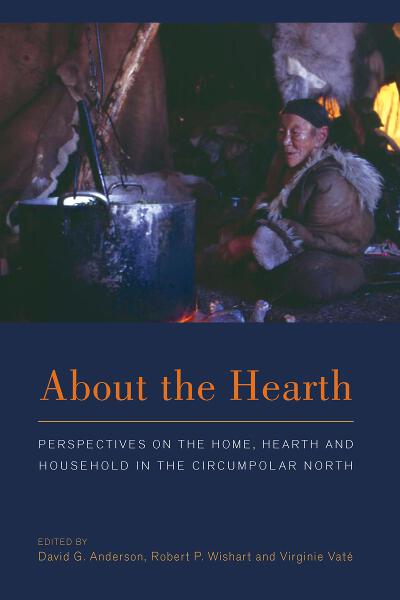 Published August 2013
Published August 2013 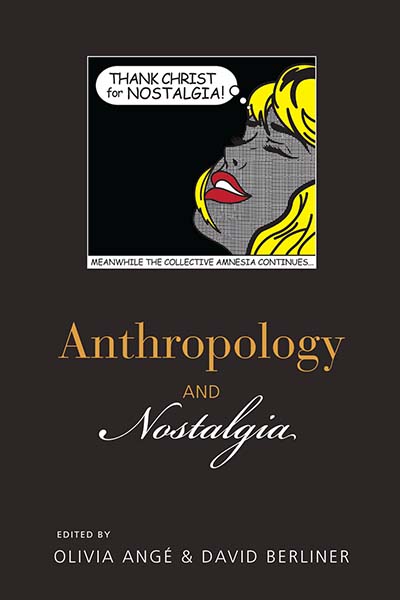 Published October 2014
Published October 2014 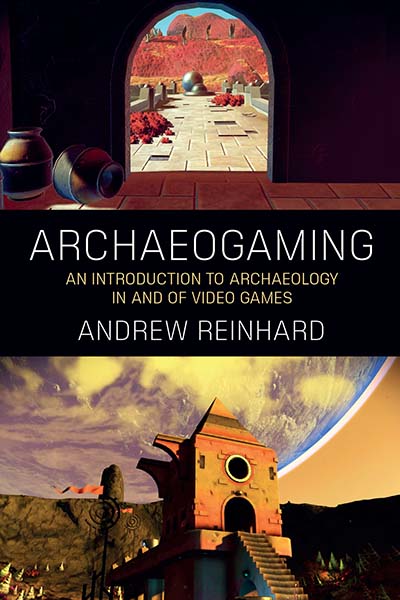 Published June 2018
Published June 2018 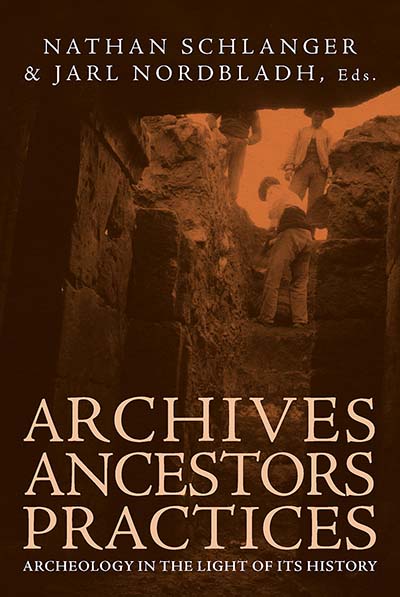 Published June 2008
Published June 2008 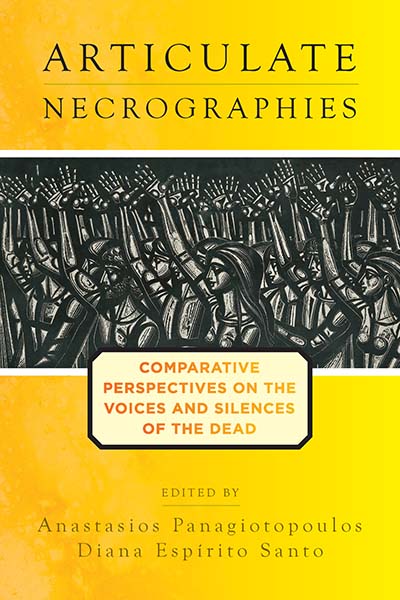 Published July 2019
Published July 2019 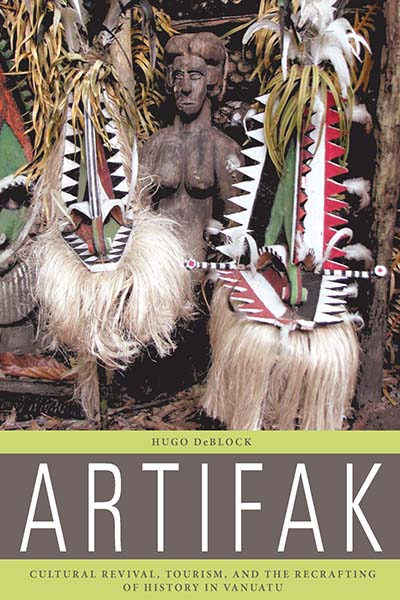 Published November 2018
Published November 2018 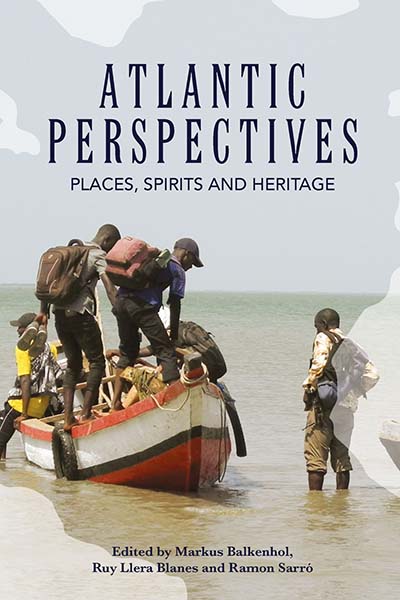 Published November 2019
Published November 2019 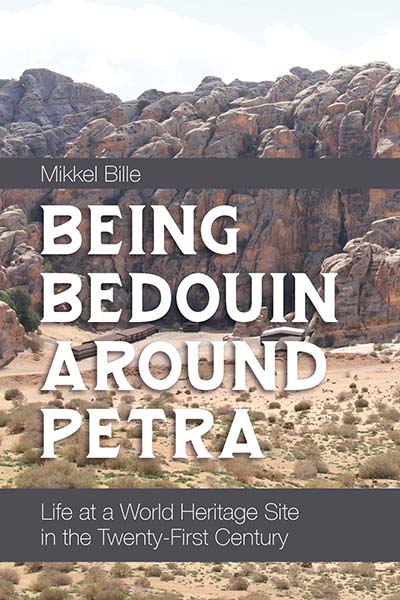 Published January 2019
Published January 2019 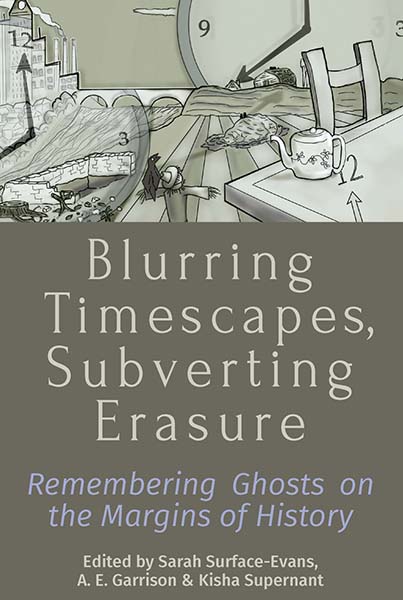 Published August 2020
Published August 2020  Published November 2025
Published November 2025 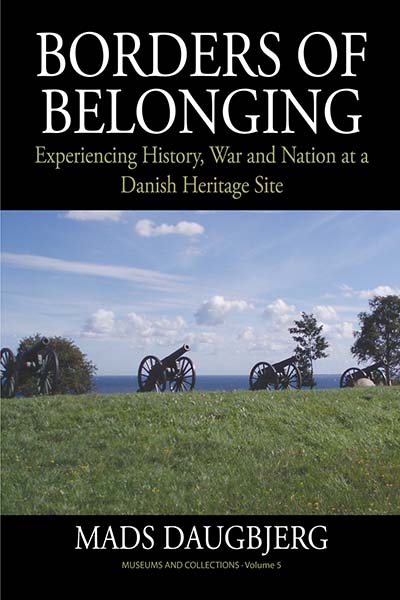 Published February 2014
Published February 2014 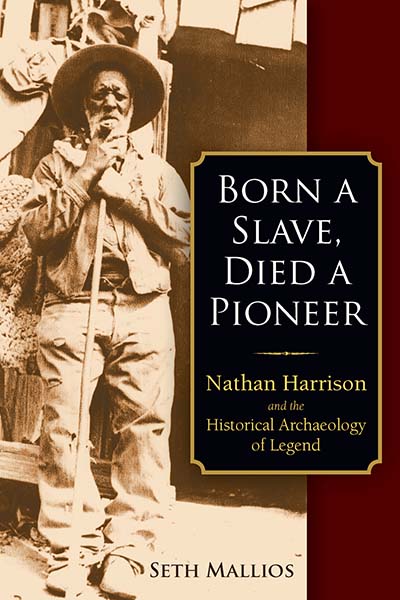 Published November 2019
Published November 2019 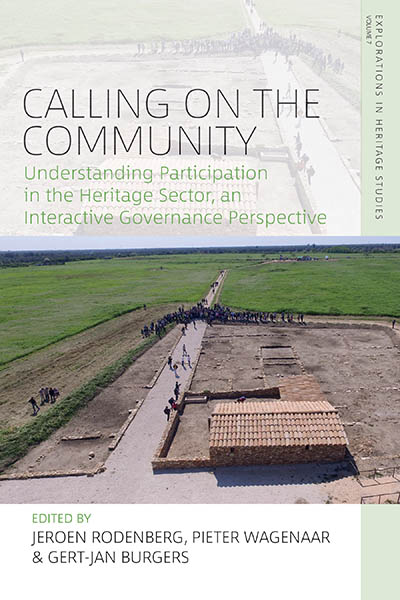 Published January 2023
Published January 2023 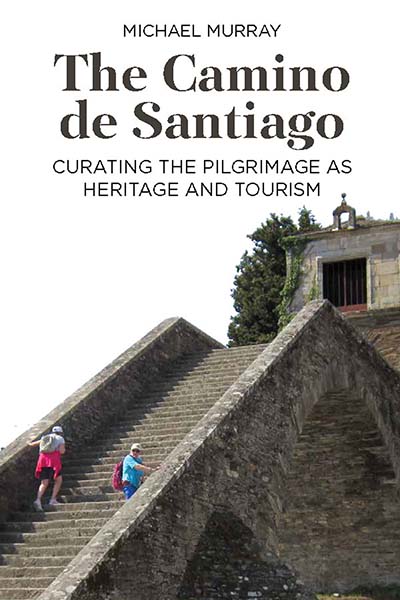 Published September 2021
Published September 2021 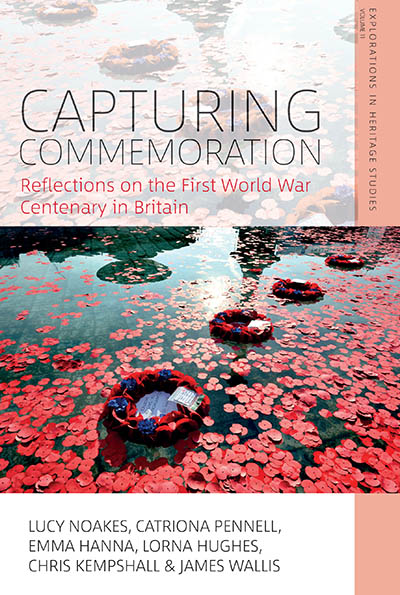 Published December 2025
Published December 2025  Published May 2025
Published May 2025  Published November 2012
Published November 2012 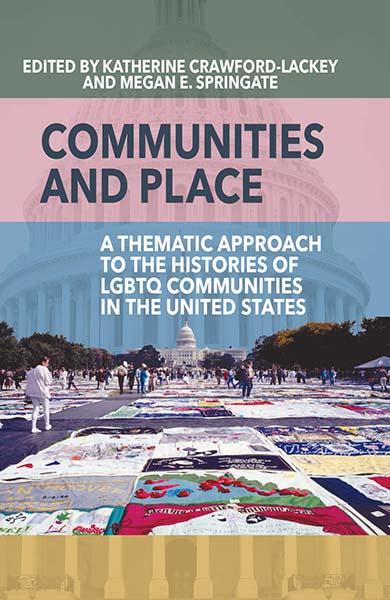 Published June 2020
Published June 2020 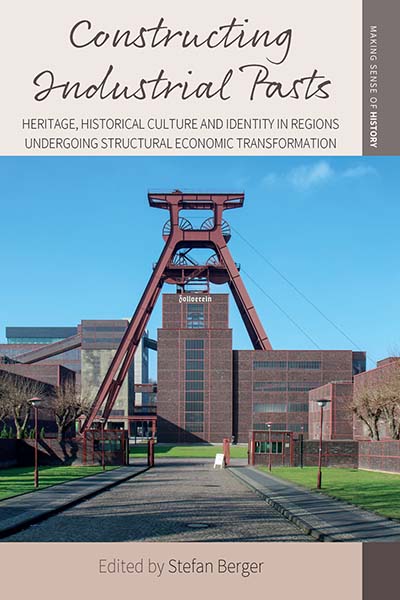 Published September 2019
Published September 2019 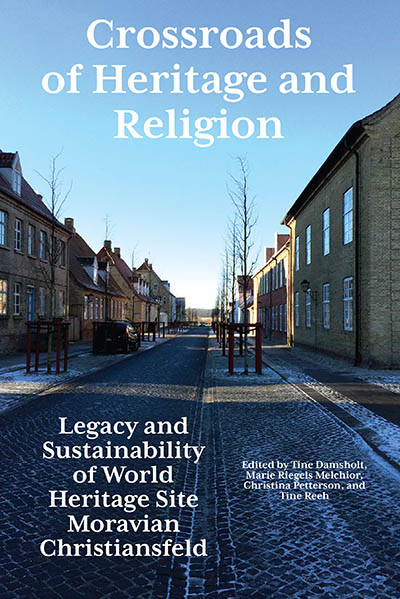 Published July 2022
Published July 2022 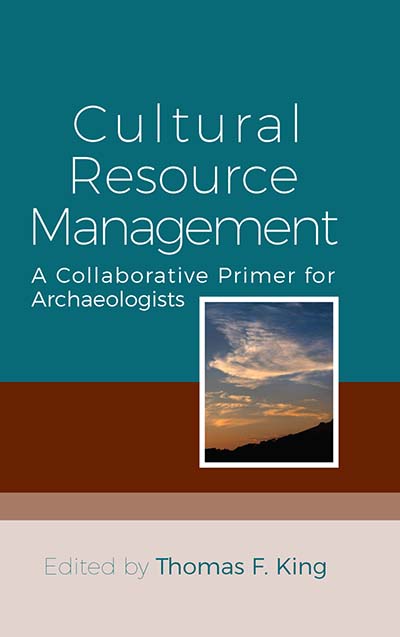 Published February 2020
Published February 2020 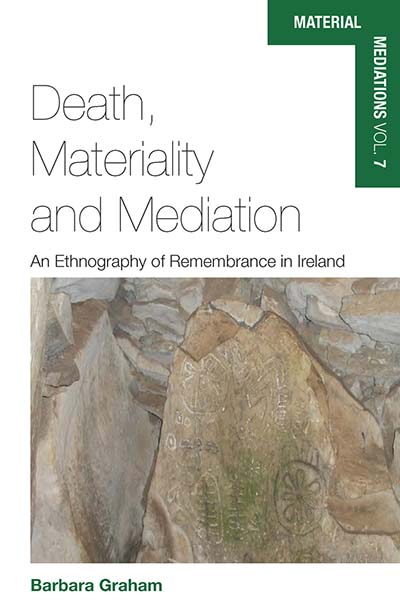 Published November 2016
Published November 2016 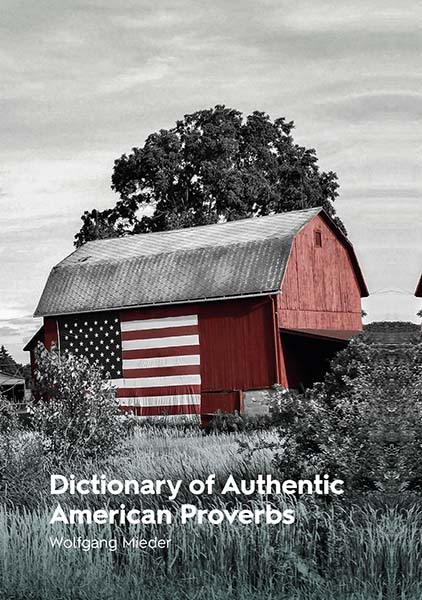 Published September 2021
Published September 2021  Published July 2025
Published July 2025 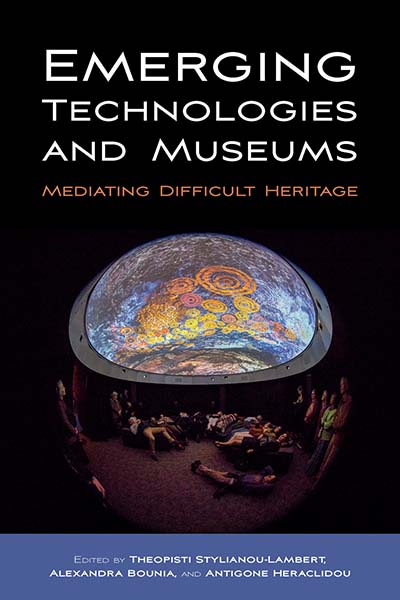 Published January 2022
Published January 2022 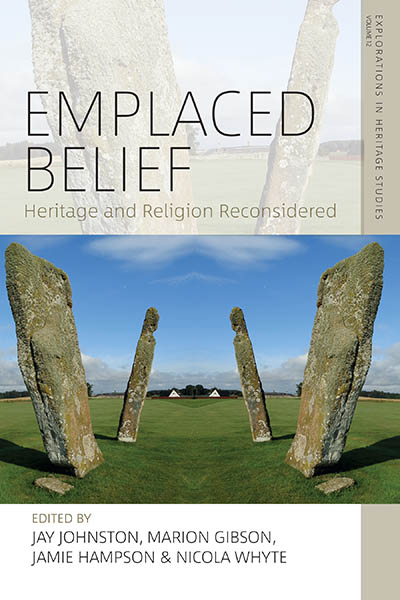 Published January 2026
Published January 2026 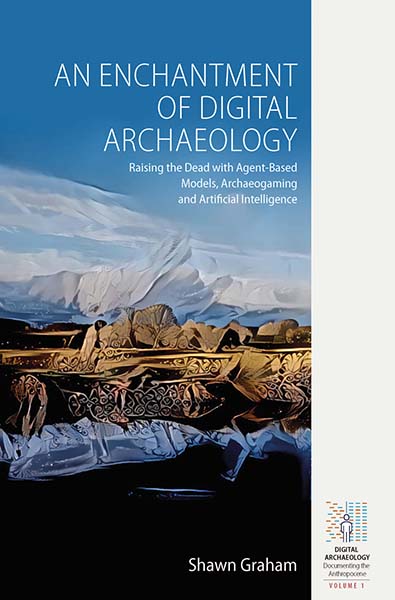 Published July 2020
Published July 2020 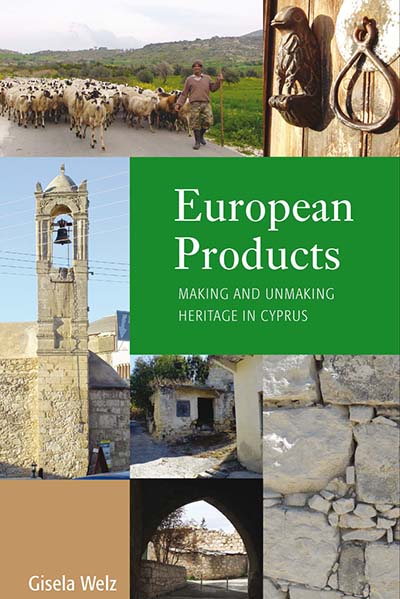 Published September 2015
Published September 2015 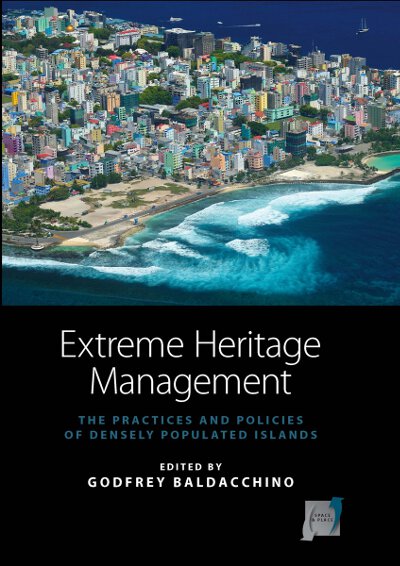 Published November 2011
Published November 2011 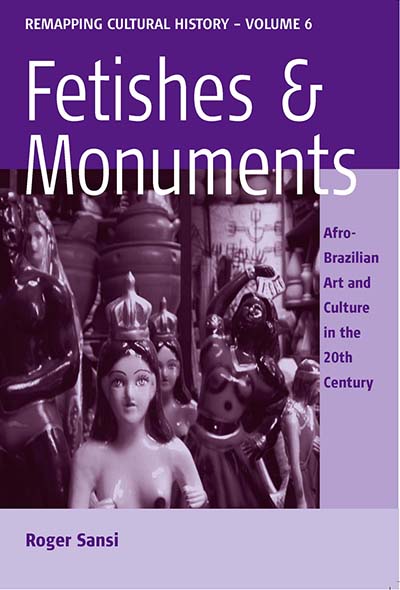 Published December 2007
Published December 2007 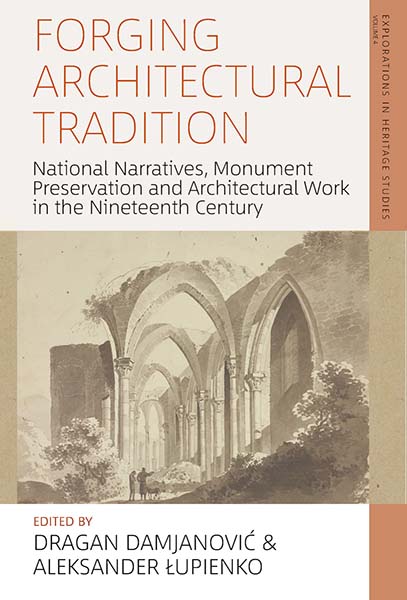 Published March 2022
Published March 2022 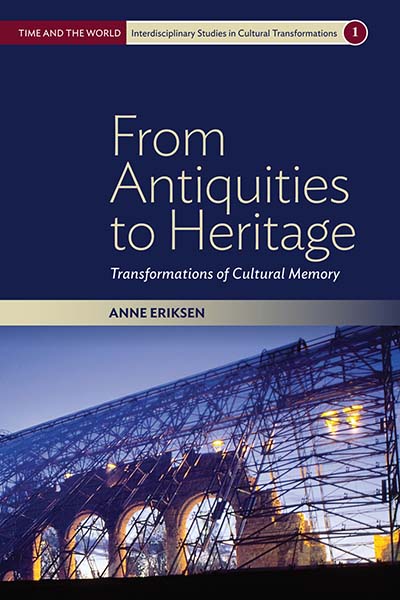 Published May 2014
Published May 2014 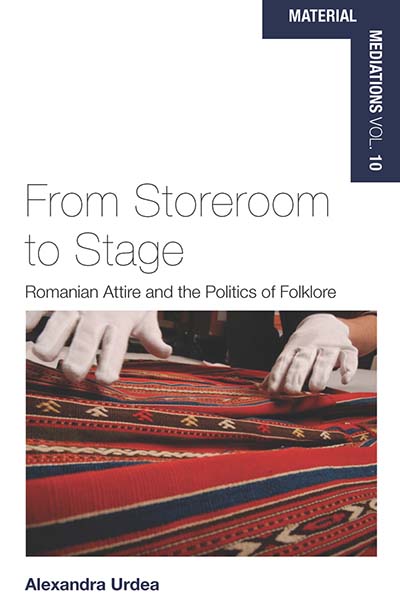 Published December 2018
Published December 2018 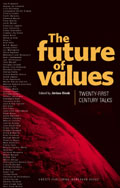 Published September 2004
Published September 2004 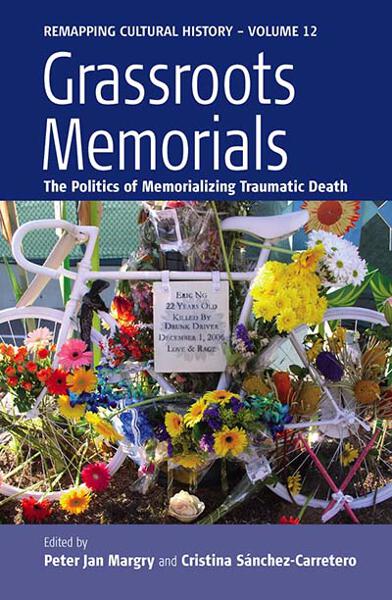 Published August 2011
Published August 2011 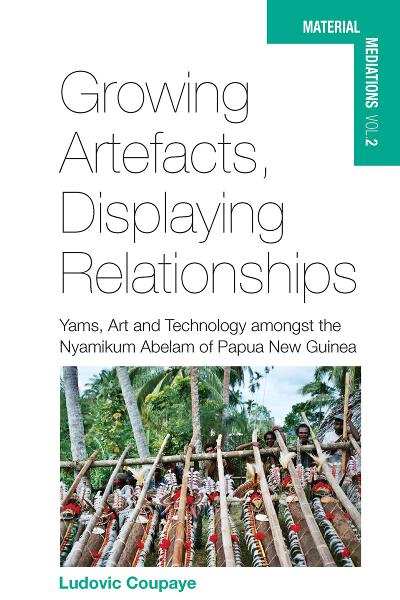 Published August 2013
Published August 2013 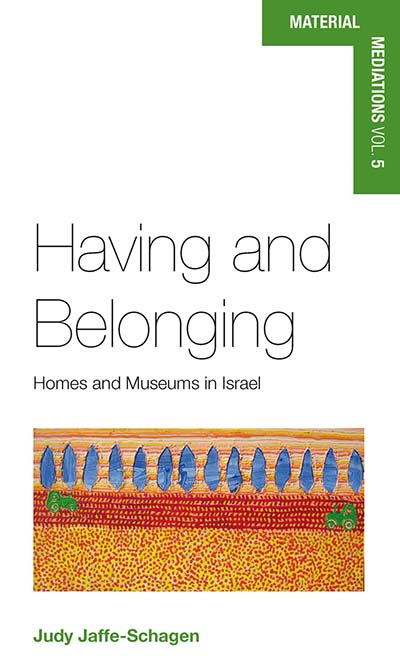 Published April 2016
Published April 2016 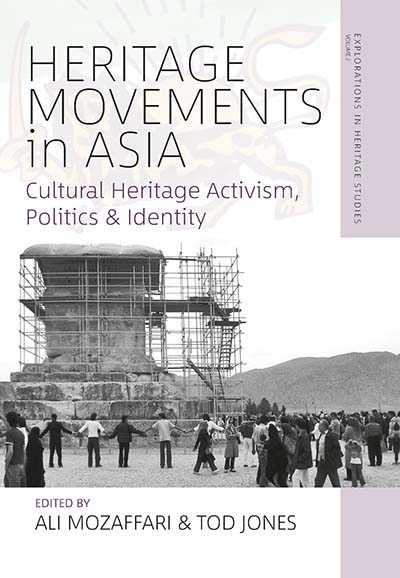 Published November 2019
Published November 2019 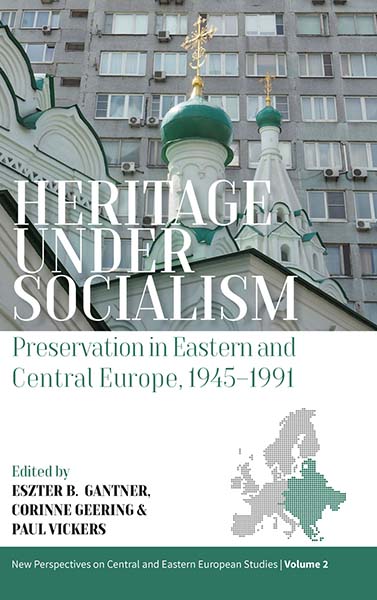 Published October 2021
Published October 2021 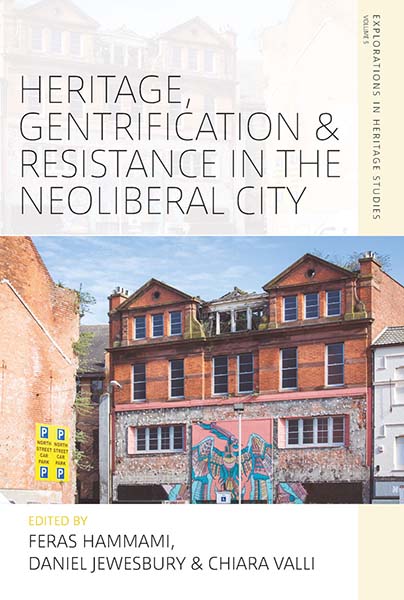 Published July 2022
Published July 2022 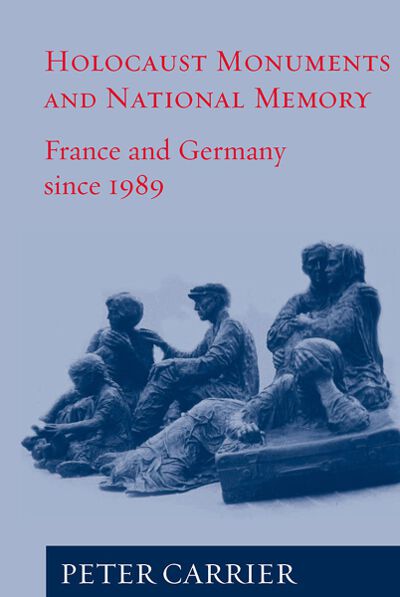 Published March 2005
Published March 2005 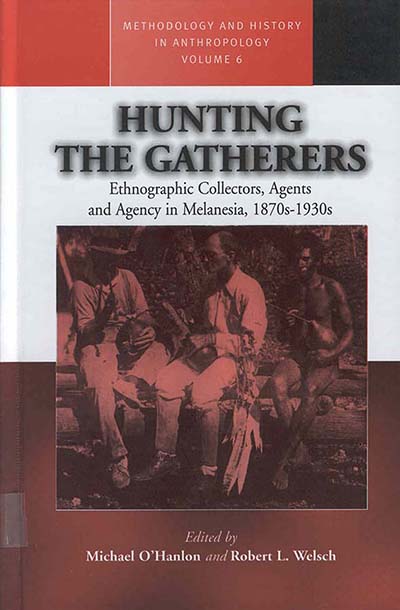 Published January 2001
Published January 2001 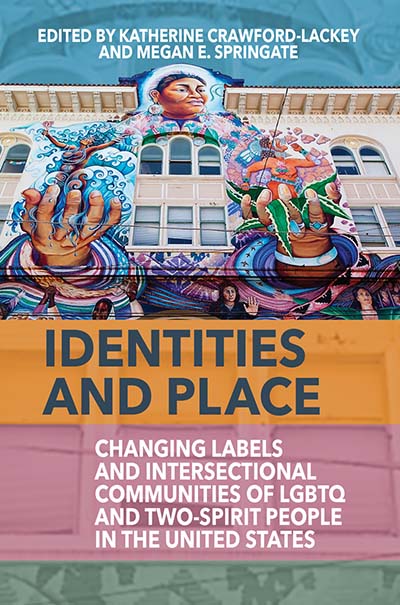 Published November 2019
Published November 2019 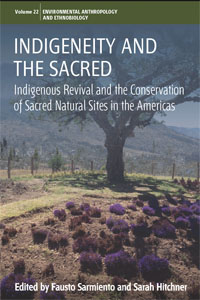 Published June 2017
Published June 2017  Published December 2025
Published December 2025 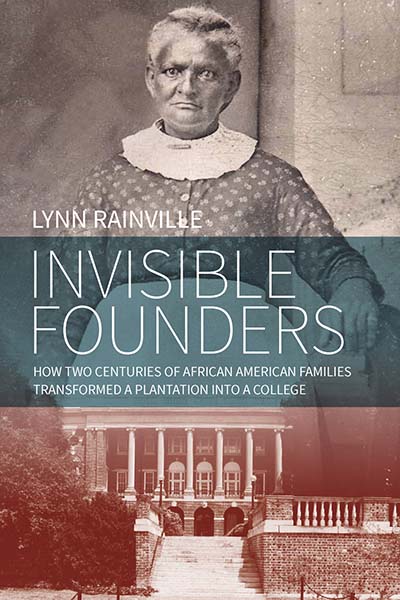 Published June 2019
Published June 2019 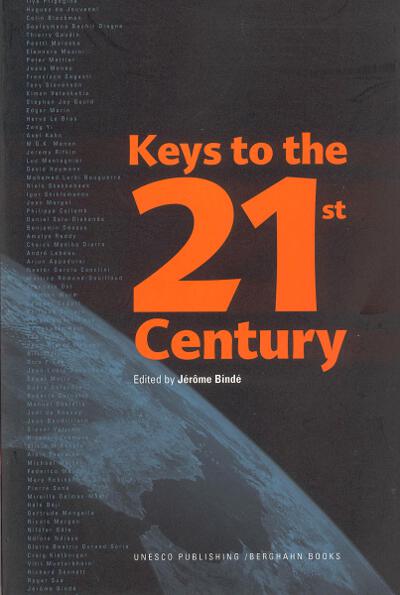 Published October 2001
Published October 2001 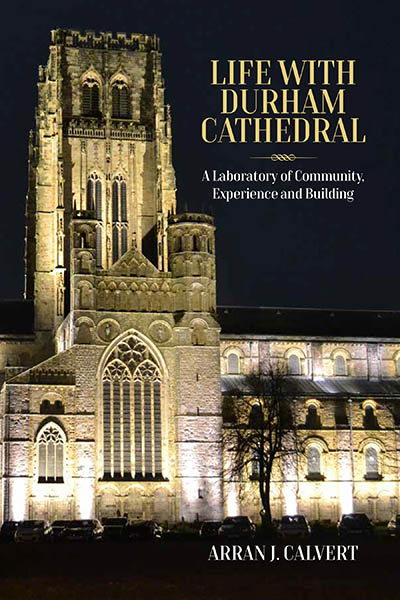 Published January 2023
Published January 2023 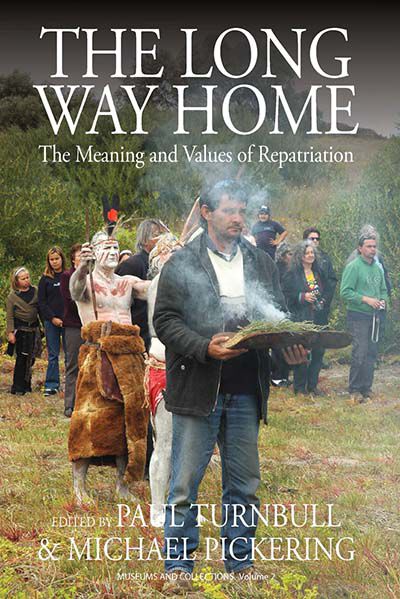 Published November 2010
Published November 2010 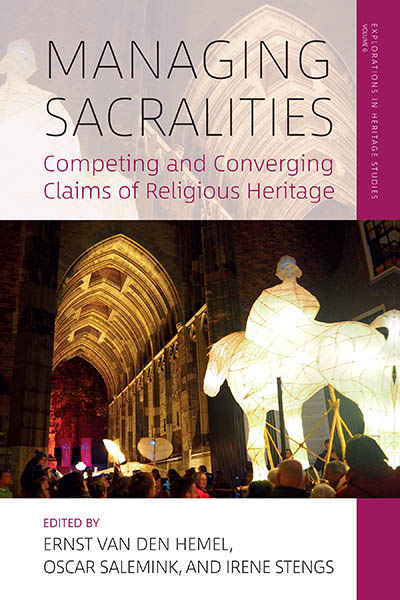 Published September 2022
Published September 2022 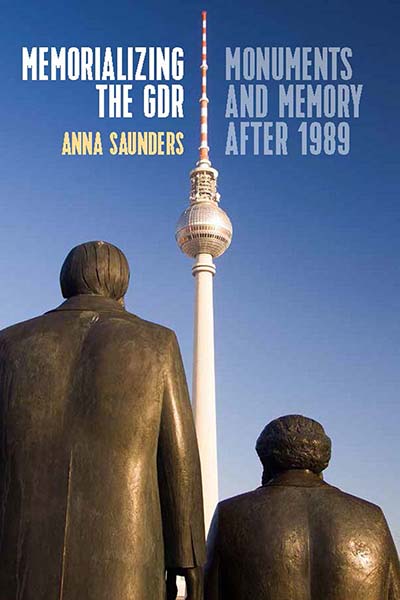 Published May 2018
Published May 2018 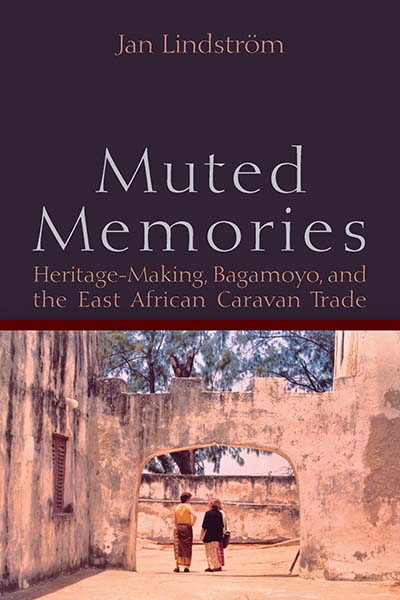 Published August 2019
Published August 2019  Published May 2025
Published May 2025 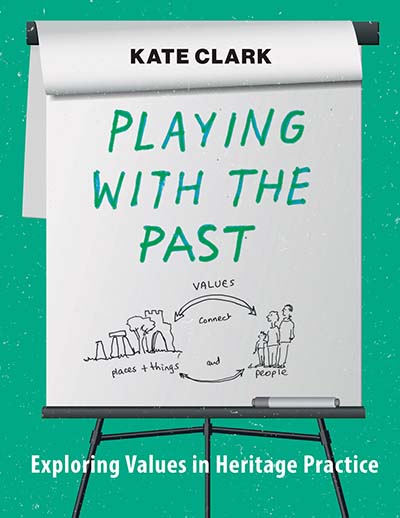 Published October 2019
Published October 2019 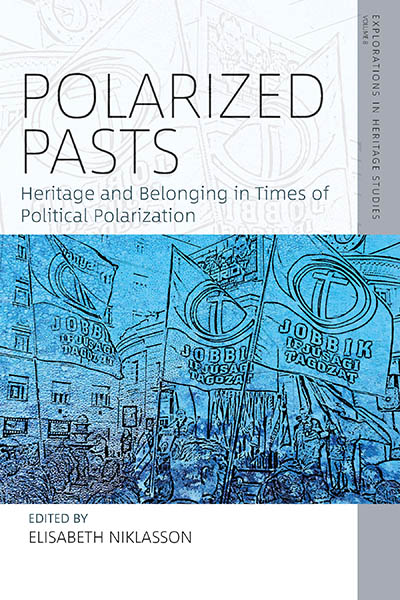 Published January 2023
Published January 2023 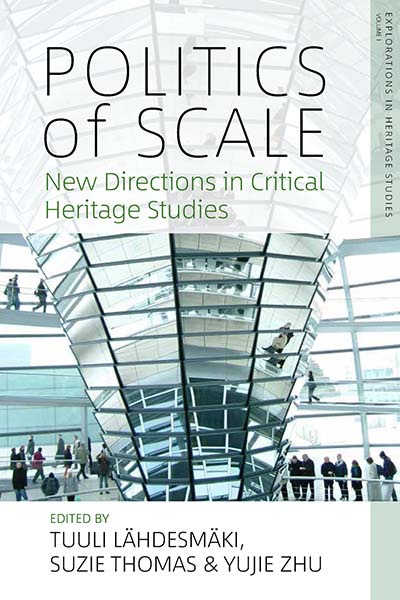 Published January 2019
Published January 2019  Published November 2025
Published November 2025 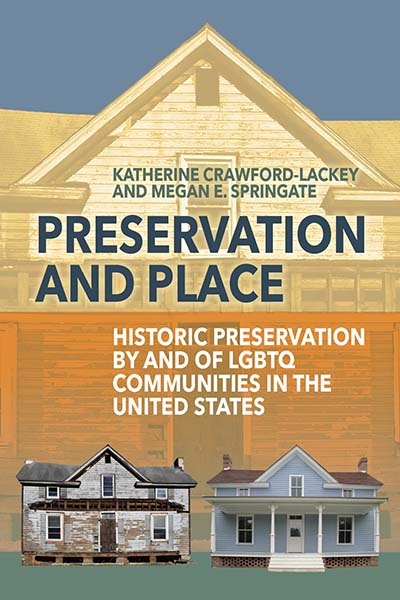 Published September 2019
Published September 2019  Published November 2025
Published November 2025 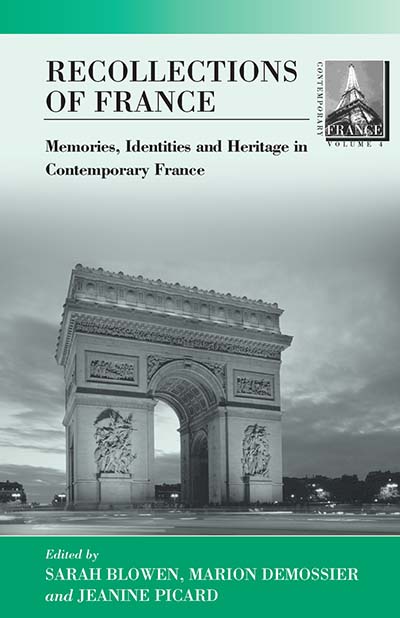 Published December 2001
Published December 2001 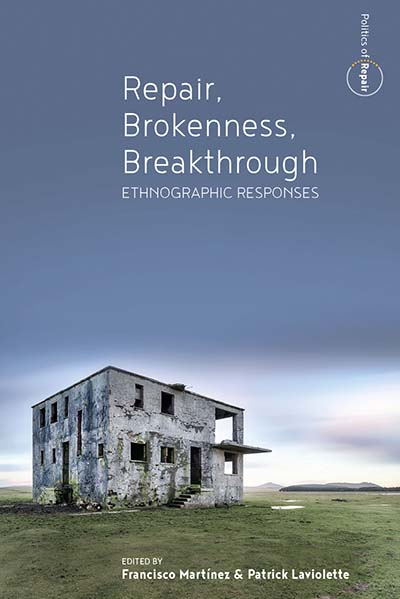 Published September 2019
Published September 2019 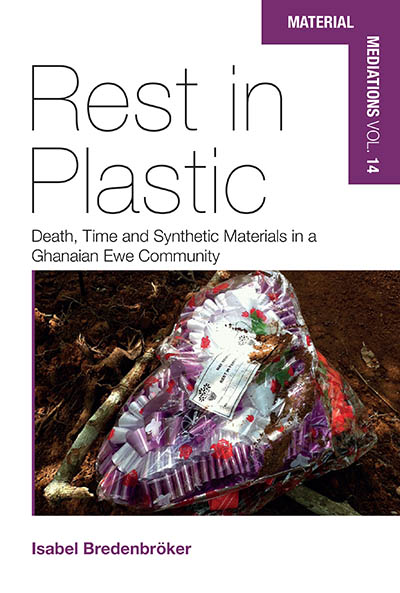 Published June 2024
Published June 2024 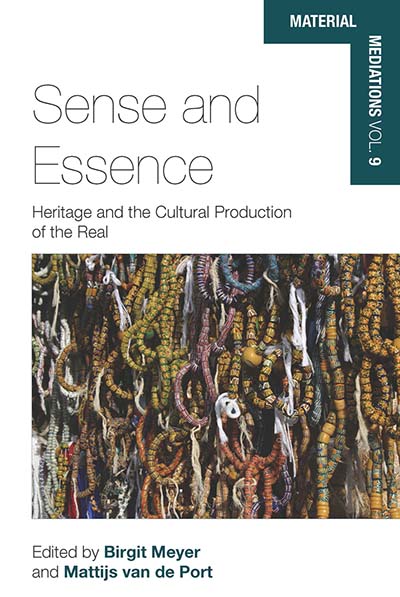 Published July 2018
Published July 2018 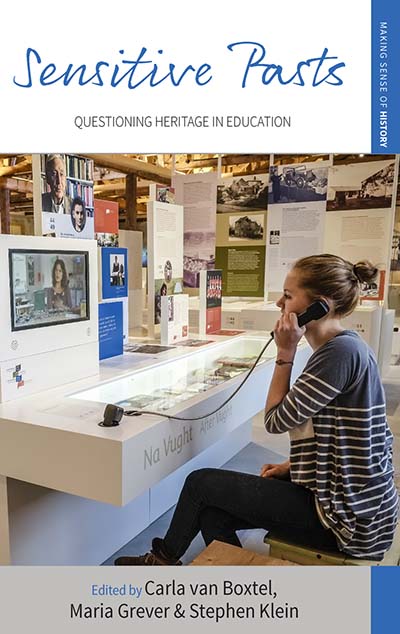 Published December 2016
Published December 2016 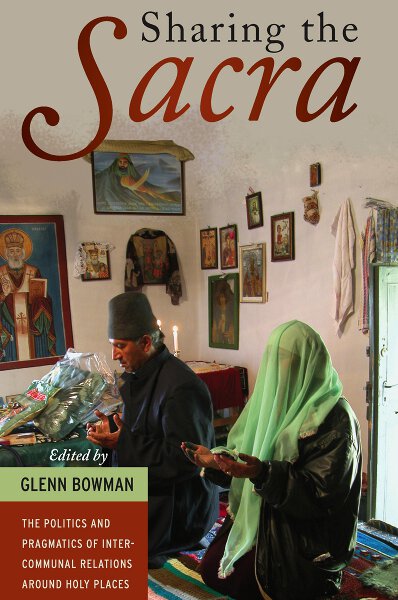 Published July 2012
Published July 2012 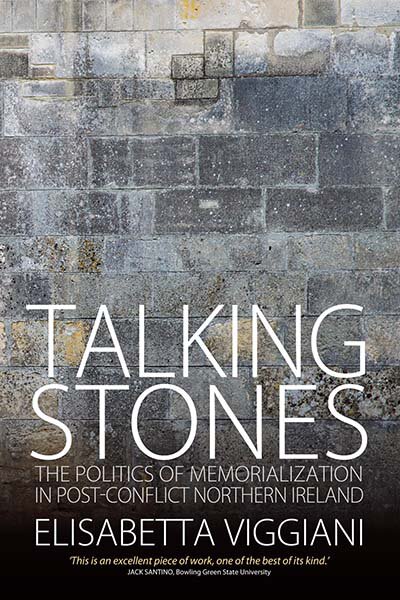 Published August 2014
Published August 2014 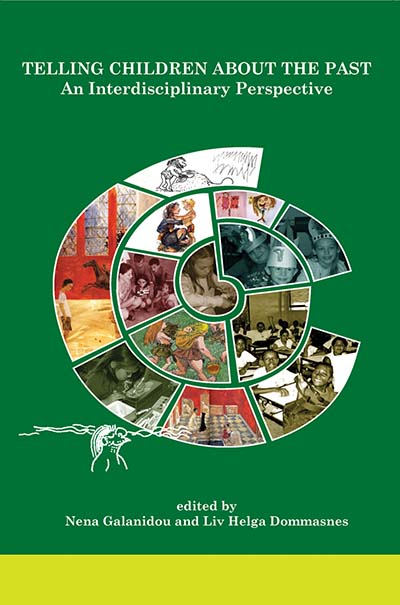 Published December 2007
Published December 2007  Published October 2025
Published October 2025 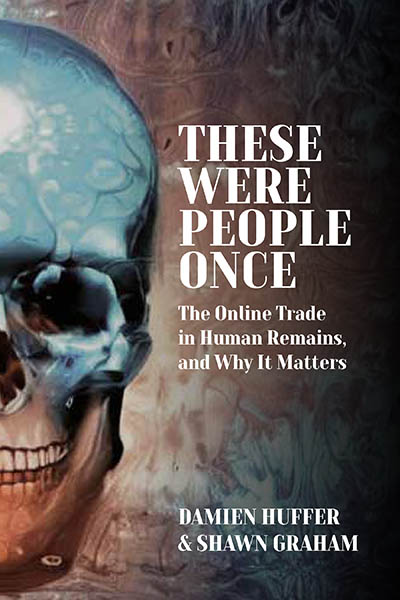 Published September 2023
Published September 2023  Published February 2025
Published February 2025 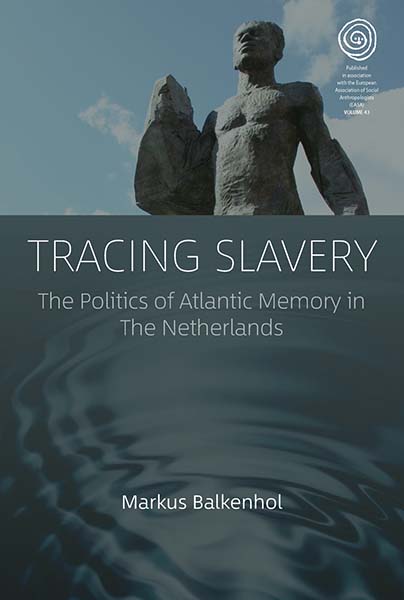 Published August 2021
Published August 2021 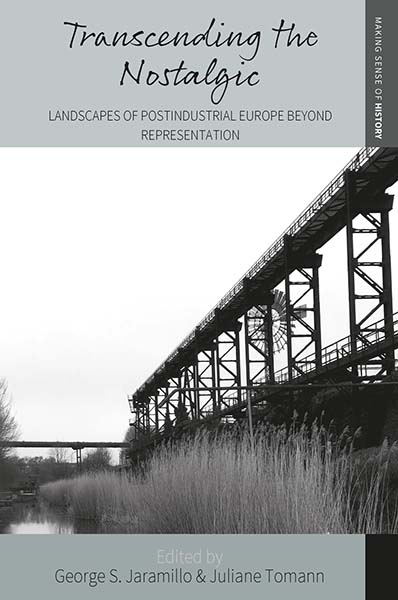 Published October 2021
Published October 2021 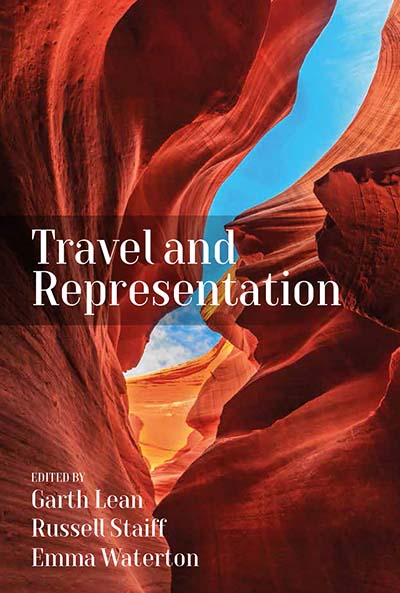 Published July 2017
Published July 2017 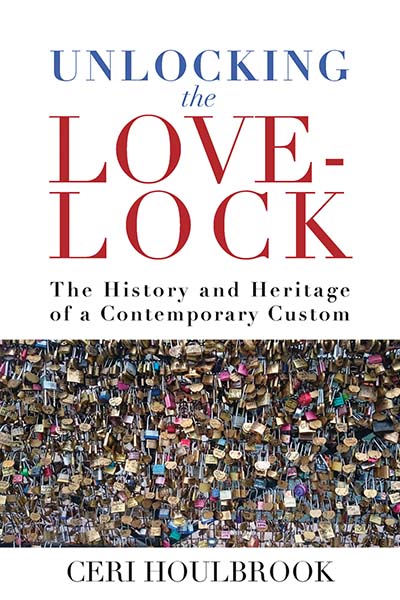 Published January 2021
Published January 2021 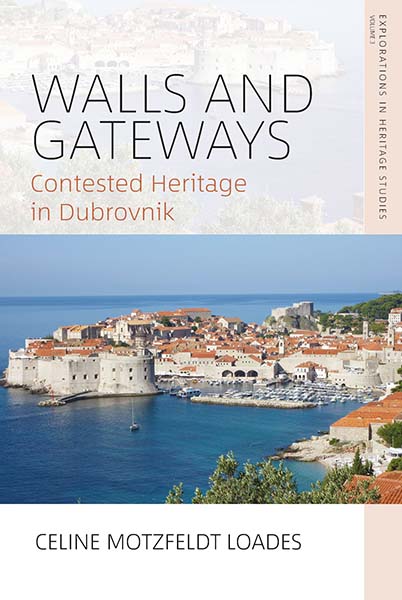 Published February 2022
Published February 2022 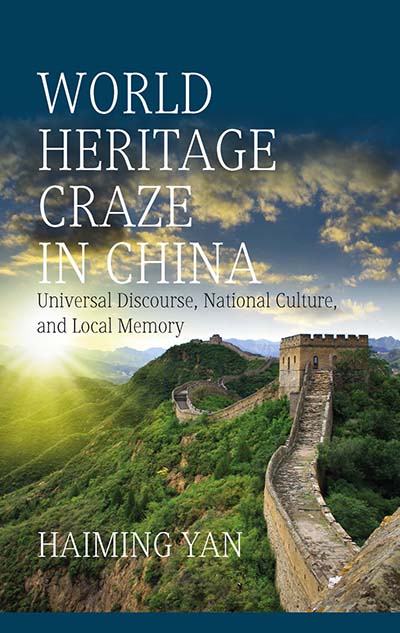 Published March 2018
Published March 2018 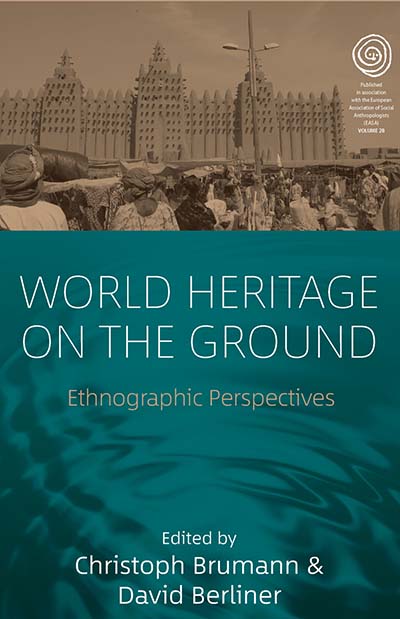 Published April 2016
Published April 2016